Anyone can experience insomnia or sleep disturbance. In most cases, the problem is eliminated with drug therapy, but there is a safer, natural way.
Essential oils have been used for insomnia for many years. Using the product you can speed up the process of going to bed. It should be noted that not every oil is suitable for treating sleep disorders, because esters have unique properties, so you need to know which ester to give preference to.
Selection of aroma oil
If a person experiences restless sleep and often wakes up, it is better to choose the following types of oil:
- lavender;
- chamomile;
- jasmine;
- cedar;
- juniper;
- tangerine;
- orange;
- benzoin.
When a person is experiencing anxiety or stress, which makes it difficult to sleep, it is necessary to choose the following oil:
- ylang-ylang;
- neroli;
- roses;
- incense;
- Vanilla flatleaf;
- sandalwood;
- sweet marjoram.
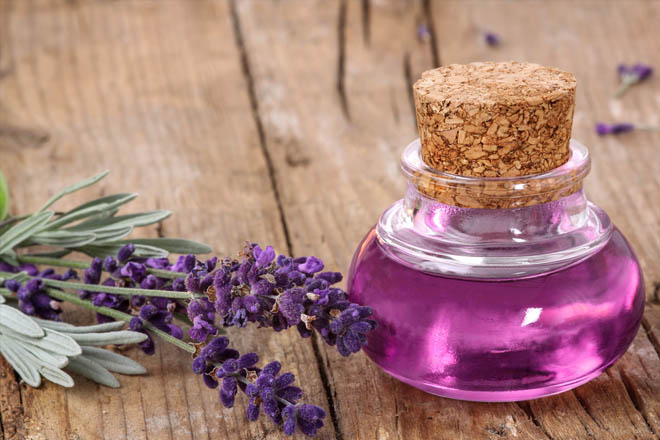
How does aromatherapy work?
All essential oils have a unique chemical composition that will affect the olfactory receptors differently. The most popular essential oils consist of 5000
(!!!) chemical elements.
Essential oils include various biological compounds: growth factors
,
hormones
and
neurotransmitters
, which are concentrated in the plant.
Because different essential oils come from different plants, these components (and their effectiveness) will vary. Essential oils can enter into complex biochemical interactions in the human body. Different essential oils can have different effects on human enzymes and hormones. For example, one of the active ingredients in tea tree
oil is
Terpinen-4-ol
, which kills ectoparasites (parasites that live on human skin) and amoebas that cause eye infections.
It is important to understand that essential oils can be 100 times more effective than the plant itself. And you can notice the effect after a few drops or inhaling a pleasant aroma. The active ingredients in essential oils target triggers in our body. For example, lavender oil the
cerebral cortex and causes a feeling of relaxation. And of course, a lot depends on how the essential oil is used. You can rub essential oil into your skin, use it in a diffuser or aroma lamp.
Soothing baths for children and adults
Taking a bath with ether will ensure sound sleep and eliminate anxiety. The right essential oil will help relieve your child of insomnia.
If you follow certain rules, an aroma bath will help you relax and fall asleep quickly:
- It is better to carry out the procedure with the lights off; you can place small, unscented candles around the bathroom. Light music and sounds of nature will help you relax faster.
- In order to fall asleep really quickly, you need to choose an oil with your favorite aroma. Oil can have different effects on the human body, so it is better to choose an ether with the most pleasant aroma.
- Bathing water should be warm, but not hot.
- Before adding oil to water, it must be mixed with emulsifiers (milk, honey, cream). Pure oil does not dissolve in water; it can cause a burn or an allergic reaction if it comes into contact with the body.
- Carry out the procedure for 10 minutes. After bathing, rinse your child with clean water. Use unscented shampoo and cream so that the cosmetic product does not interrupt the aroma of the oil.
- After the procedure, wipe the skin dry.
Oils for the little ones.
From two weeks of age, experts recommend the following oils for use in children:
• Lavender. Lavender essential oil is suitable for caring for any skin type, eliminating peeling and irritation. Calms the nervous system, alleviates stress. It has an antiseptic effect; it can be used for wet cleaning in the house if someone in the family is sick, for example, with the flu.
• Chamomile. Chamomile oil has a calming effect on the stomach and often helps with flatulence and intestinal inflammation. Chamomile oil has a strong sedative effect: relieves anxiety, restlessness, and tension. Promotes relaxation, pacifies, and often helps with insomnia.
• Pink. Rose essential oil is used for sleep disorders, insomnia, apathy, increased anxiety, and headaches. And also for the prevention of influenza and ARVI. If there are epidemics raging around, and dad comes home from work with a runny nose and a hoarse throat, it would be a good idea to ventilate the room and wash the floor before going to bed, adding a drop of this oil to the water.
From two months onwards the following can also be used:
• Bergamot. This oil has a beneficial effect on the digestive process, relieves abdominal pain due to indigestion and gas accumulation. Useful for respiratory infections of the upper respiratory tract, and also helps relieve anxiety and calm down. An excellent insect repellent. If mosquitoes disturb your sleep in the summer, you can place an aroma lamp near an open window, and the annoying insects will fly away. But you shouldn’t get carried away with it during the day - this oil increases the photosensitivity of the skin, and may well lead to sunburn.
• Fennel. Calms the nervous system. Helps with hiccups, nausea, vomiting and colic. Possessing antispasmodic and expectorant properties, it alleviates the condition of patients with colds, bronchitis, and whooping cough.
• Sandalwood. Sandalwood oil relaxes the body and instills a sense of well-being. It has a pronounced relaxing effect and promotes good sleep. Activates the immune system, thereby protecting the body from infections. Sandalwood oil relaxes, relieves tension and anxiety.
As you can see, all these oils have a calming and relaxing effect. But lavender oil is still considered the most effective and safe for babies. It is so safe that it almost never causes skin irritation even when undiluted.
External use of oils
- Essential oils for sleep can be used externally. You will need to rub 1 drop of oil into your temples and wrists. These points of the body are the warmest and increase blood circulation, so the ether will spread throughout the body much faster. If external use is not suitable, you need to soak cotton wool in oil and place it in or under a pillow.
- Children, like most adults, often don't want to wake up in the morning. To quickly wake up a child, you can use mint and citrus essential oils. There is no need to apply it to the skin, you just need to inhale a little oil, and the product guarantees quick awakening and vigor.
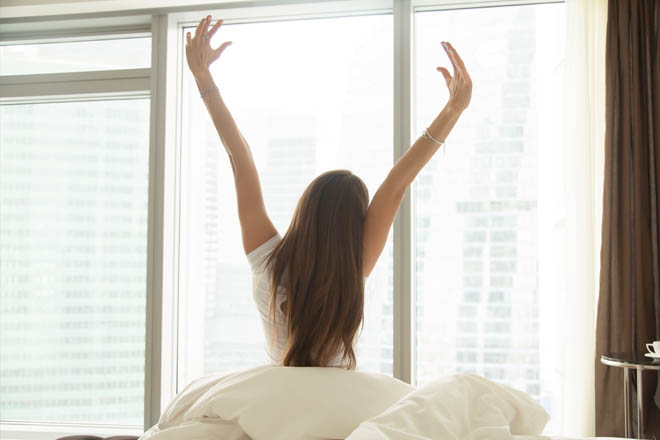
What can be used for children?
Absolutely everything annoys you: a missed bus, taxes, heavily toasted bread in a bakery, the weather, obnoxious neighbors, the arrow on new tights, waiting for the elevator, the monotonous menu in the dining room and much, much more. In a word, we got everything and everyone. The list of everything that causes an inadequate reaction can be continued indefinitely. If you think that all of the above applies to you, then it’s time to resort to the help of essential oils. By the way, children can also feel irritation and severe stress. But what can be given not only for adults, but also used for children - we’ll talk further.
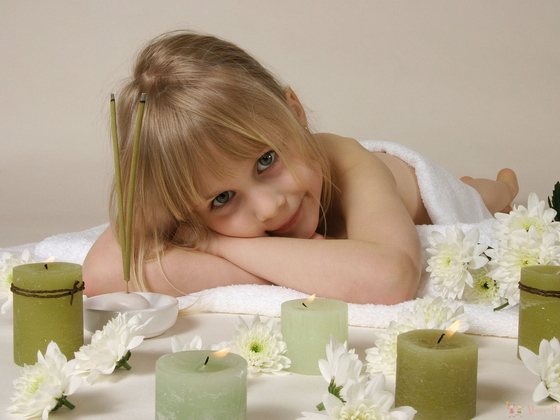
The fastest and safest way to help children is with soothing oils of oregano or marjoram. Massage the solar plexus area and arch of the foot with 2 drops of oil during the day and in case of conflict.
Take a soothing bath. Mix 10 ml of marjoram essential oil with 30 ml of bath base. Take a warm (38 °C) bath for 20 minutes, after pouring half the bottle with the prepared mixture into it.
Mix calming essential oils for children and add a drop under the tongue:
- Noble navel - 2 drops
- Greenland wild rosemary - 2 drops
- 1 coffee spoon of honey
Keep it in your mouth until completely absorbed. Peace and only peace is guaranteed to you!
Precautions when using essential oils
When using essential oils against insomnia, you need to follow some rules:
- Before using any ether, you must check for allergies to the product. To do this, apply 1 drop of ether to the back of your hand. If the product does not cause any irritation, then it can be safely used.
- If ether is used for the first time to combat insomnia, then it is better to use it on the last working day before the weekend. Some ethers affect people differently, and if used incorrectly, can have the opposite effect. As a result, the next morning a person simply will not be able to wake up or will not get enough sleep at all.
- For people who are conducting an aromatherapy session for the first time, experts do not recommend immediately using aromatic mixtures for treatment. It's better to start with one type of oil.
- When purchasing oil, you need to be as careful as possible so as not to buy a fake or synthesized product.
- Carefully study the instructions included with the product to avoid negative effects on the body.
Which calming essential oils should you choose?
The most effective essential oils include:
- Citrus. Orange oil is considered one of the best remedies to get rid of stress. The use of citrus oils helps to lift the mood, giving a festive atmosphere in the home;
- Rose oil. Eliminates feelings of anxiety, restlessness;
- Lavender essential oil. It is considered one of the most universal oils suitable for every person;
- Sandalwood. Its aroma will give you a feeling of peace, relieve anxiety, worry, and clear your thoughts;
- Valerian. This ether is best used for nervous exhaustion, depression, insomnia or mental disorders;
- Fir and pine. The aromas of these aromatic oils help cope with nervous exhaustion; they are used to raise self-esteem and treat insomnia;
- Peppermint. Provides a sedative effect during nervous breakdowns;
- Cinnamon and vanilla oils. To create a romantic, relaxed atmosphere on a date, experts recommend using them. The smells of oils harmonize the space around, helping lovers relax;
- Jasmine. The smell of essential oil promotes relaxation and eliminates feelings of anxiety;
- Ylang-ylang. This broadcast relieves depression and lifts your spirits. The product can be used to normalize sleep and relieve insomnia. Aromatherapy with ylang-ylang improves self-esteem.
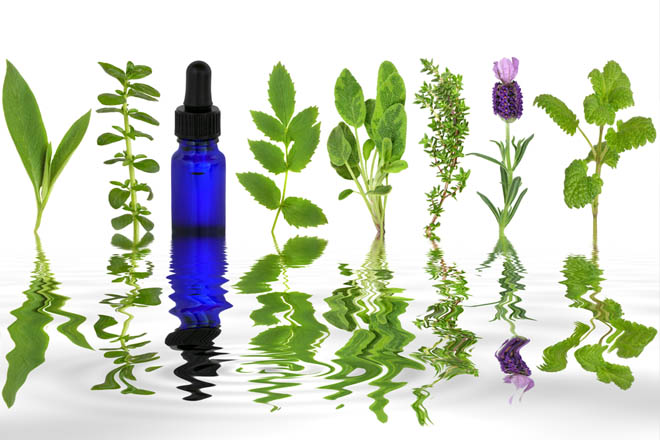
Healing mixtures against insomnia
To improve sleep, experts recommend using the following oil mixtures:
- 2 drops geranium, 3 drops patchouli, 4 drops chamomile;
- 2 drops lavender, 1 drop myrrh, 3 drops juniper;
- 3 drops chamomile, 2 drops lavender;
- 1 drop rosemary, 3 drops ginger;
- 1 drop basil, 2 drops lavender, 1 drop orange.
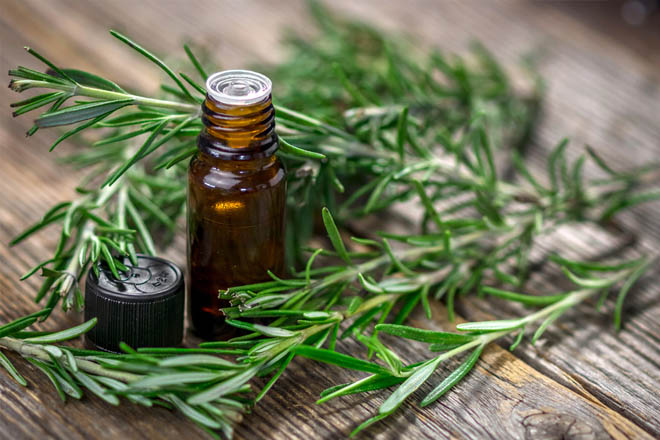
Aromatherapy for insomnia.
Published: 10/18/2019
Author: O.Shar
Category: Mental health
Print this article

Aromatherapy for insomnia. Essential oil for good sleep. Restful sleep and aromas. Causes of insomnia. Aromatic baths. Massage. Inhalations. Perfume for sleep. Proper sleep. Recipes for a restful sleep. Relaxation. Aromatic sedatives.
Two processes occur simultaneously in the human body: fatigue and recovery . Their correct ratio has a huge impact not only on a person’s condition, but also on the quality and duration of his life.
The remedy for recovery is sleep. During sleep, a person experiences maximum relaxation. And the stronger it is, the better the body’s recovery occurs. It was not for nothing that in Ancient China they used terrible torture on people - they were deprived of sleep.
What happens in the body while we sleep:
- In the evening at 22.00 the level of leukocytes rises, the temperature drops and the body asks for sleep.
- At 11:00 pm all muscles relax and recovery processes begin their mechanism.
- At 01.00 am, an old injury or a problematic tooth can make itself known.
- At 02.00 all body systems rest. Only the liver works, which cleanses the body of toxins.
- At 03.00 the body is fast asleep. There is a complete calm: blood pressure and body temperature drop, the pulse calms down and breathing slows down.
- At 04.00 o'clock, hearing worsens, and a sleeping person can wake up at any minute.
- At 05.00 hours the metabolism slows down. But the body of a sleeping person is already ready to wake up.
- At 06.00 o'clock the heartbeat quickens and blood pressure rises. The adrenal glands begin to release norepinephrine and adrenaline into the blood.
- At 07.00 am the body is completely restored. The immune system begins to work in full force. Getting up at this time is considered the most organic for a person.
Causes of insomnia.
Insomnia or (insomnia)* is a sleep disorder characterized by insufficient duration or poor quality. It affects up to 40% of all residents of large cities. With insomnia, a person's sleep is restless, intermittent and short-lived. The result is a lack of quality and quantity of sleep, lethargy, disturbances in biological rhythms, decreased performance and concentration.
A modern city is filled with bustle, light, noise, movement, and sometimes people living in it experience enormous nervous and mental stress. This has a very strong impact on the general condition, and a sedentary, sedentary lifestyle, endless nightly TV series, eating disorders and routines definitely lead to disruption of a person’s biorhythms and, as a result, to insomnia.
Melatonin* is a sleep hormone. This is a very important hormone for human health and has antioxidant properties. It is what helps you fall asleep. Its synthesis is possible only in complete darkness. And even a weak light source can lead to a decrease in its level, which leads to sleep disturbances.
High levels of melatonin are the key to health, youth and activity. Therefore, do not teach yourself and your children to fall asleep with the light of a night light, a working TV, or the light from the monitor of your communicator.
Without identifying the underlying cause, it is quite difficult to eliminate insomnia. The reason may be
- severe stress, anxiety,
- mental illness,
- neuroses, neurological diseases,
- diseases of internal organs, pain,
- taking alcohol, drugs or psychotropic drugs,
- hormonal metabolic disease,
- lack of routine, shift work.
Correct and incorrect sleep.
A normal, healthy person falls asleep within 3-10 minutes. The ideal time to fall asleep is from 10.00 to 12.00 hours. (This is especially important for women and children). Normal sleep should continue:
- At least 8-7 hours for an adult.
- Children can sleep between 8 and 10 hours.
- Elderly people - 7-6 hours.
If there is a malfunction in the body or there is another problem, then falling asleep can take 2-3-4 hours... Waking up at night is fraught with a long time to fall asleep and a feeling of shallow “superficial” sleep. They may suffer from nightmares, fears, pain, and the urge to go to the toilet. The duration of sleep can be greatly reduced and sometimes a person can spend the whole night without sleep, without falling asleep for a minute... Oh! This is the horror of anyone who has to get up for work in the morning!











